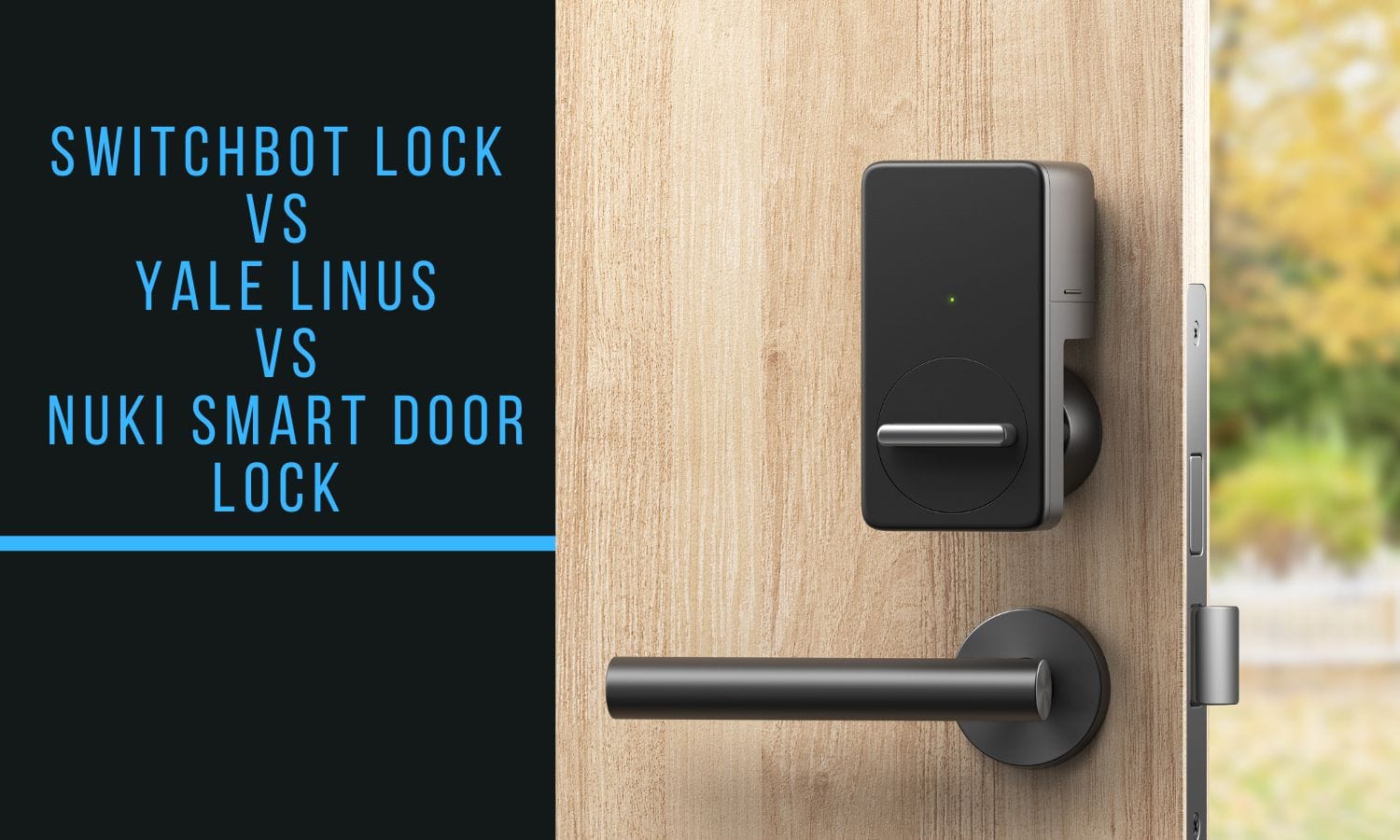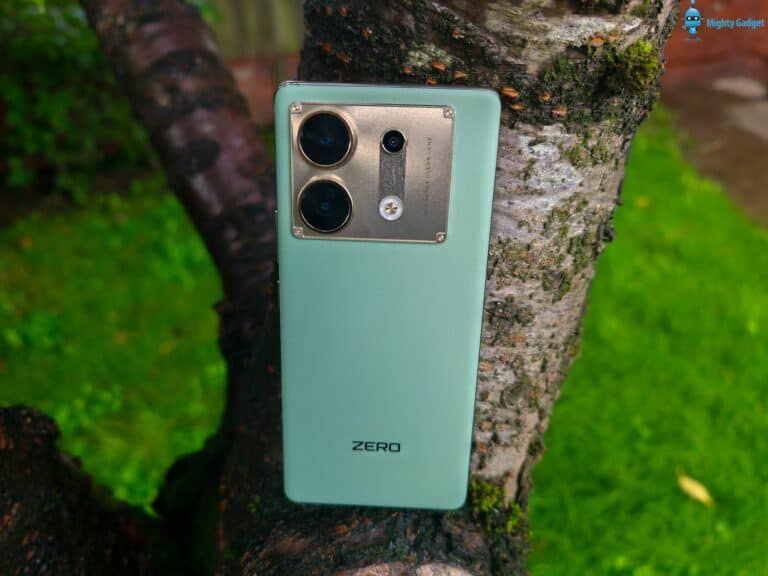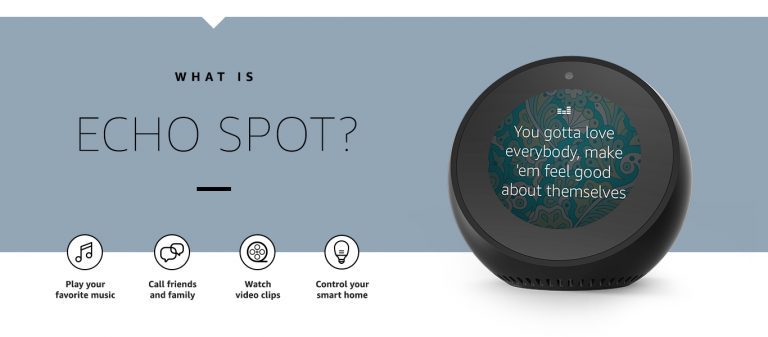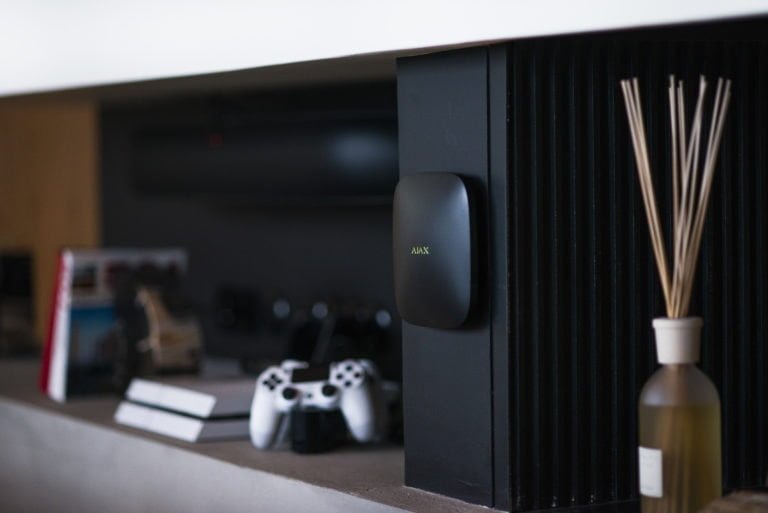Any links to online stores should be assumed to be affiliates. The company or PR agency provides all or most review samples. They have no control over my content, and I provide my honest opinion.
I have covered and reviewed quite a few smart door locks now. I personally use the Yale Linus on my front door, the Ultion Smart Lock on my back door, and the We.lock Smart Lock on my garage/gym door.
I have also previously reviewed the Bold Smart Lock (replaced by the We.lock) and the Nuki Smart Lock 2.0 (replaced by the Ultion).
I love both Yale and the Ultion, and they both achieve exactly what I wanted from a smart lock. Importantly, providing both smart locking features while also giving you the reassurance of a physical key as a backup.
In our house, you’d think I’d be the one using the smart features, but I still use the key as I find it is quicker than getting my phone out, unlocking it, waiting for the lock to connect, and then waiting for the smart lock to unlock. But I do love the option of being able to go out without the key. In particular, I will always do this when I go out for a run or to the pub, which are both scenarios where I am likely to lose my key.
My partner has gone all in with the smart features, and it also means I never lock her out at night by leaving the key in the door and going to bed (which I did semi-frequently).
SwitchBot is now planning to bring its smart lock to the UK, and it has the potential to shake things up a little thanks to the attractive pricing and what appears to be a very simple installation.
However, there is a big limitation of this only officially supporting thumb turn locks. This will severely impact the number of users this will work with within the UK.
SwitchBot Lock vs Yale Linus vs Nuki Lock Compatibility
Depending on where you live and if you own the home, one easy solution to some lock compatibility issues is to change the lock. It is very easy to change a cylinder lock, and Yale even has a special cylinder designed just for the Linus.
SwitchBot Lock

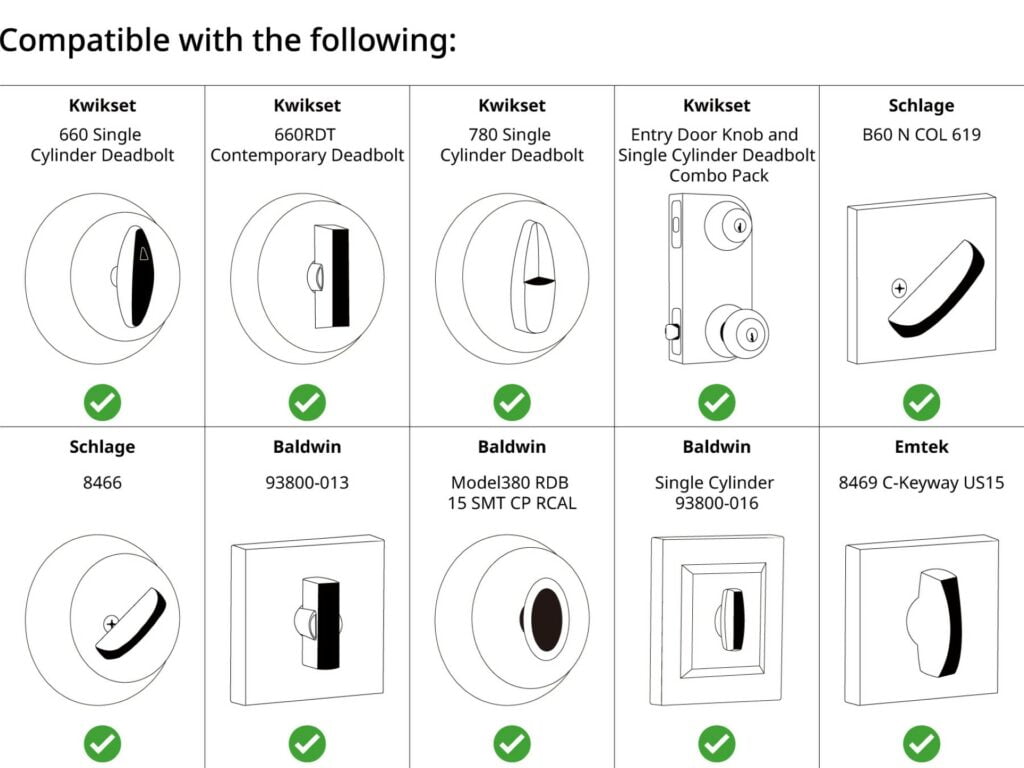
I am waiting on confirmation about the below for the UK, but this is from the US website:
- Thumblock only and confirmed to work with the following brands:
- Kwikset
- Schlage
- Baldwin
- Emtek
- Omnia
There are no limitations on the number of turns required to lock/unlock the door, so I am not sure why there can’t be an adaptor made to fit internal keys (like most UK doors have). If you are determined to use this lock, I bet you could also DIY a solution.
I have also been told that they promise to provide 3D-printed accessories to users for more compatibility.
One compatibility issue will be how this mounts to the door, it may not be compatible with a lot of UPVC doors, which I discuss below.
Yale Linus Lock Compatibility
- Euro Profile/DIN Cylinder Locks
- Scandinavian Style Lock
Nuki Smart Lock 3.0 Compatibility
- Euro Profile Cylinder with emergency and warning function
- Swiss Round Profile Cylinder with priority function
- Knob Cylinder
- Oval UK cylinder with emergency function
Door handle: Knob outside, bar handle outside
SwitchBot Lock vs Yale Linus vs Nuki Smart Lock Design & Installation
All three locks work on the same basic principle. They all work with existing hardware acting more like a smart key/knob turner.
One of the issues I faced with the Nuki 2.0 was that many UK locks have an internal handle with a bar that runs up the door covering the cylinder. This means you are mounting the lock on the thin strip of metal rather than the doorframe itself. On the Nuki 2.0 I had to use a DIY solution to fill out the gap between the backplate and door.
It looks like the Nuki Smart Lock 3.0 has overcome this issue by using a back plate which has securing screws which clamp it around the lock itself.
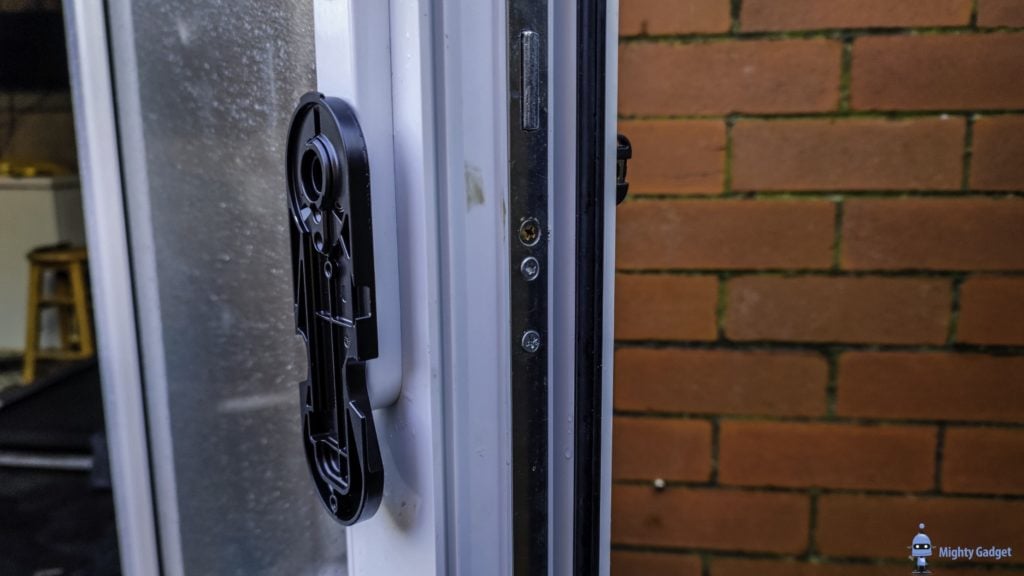
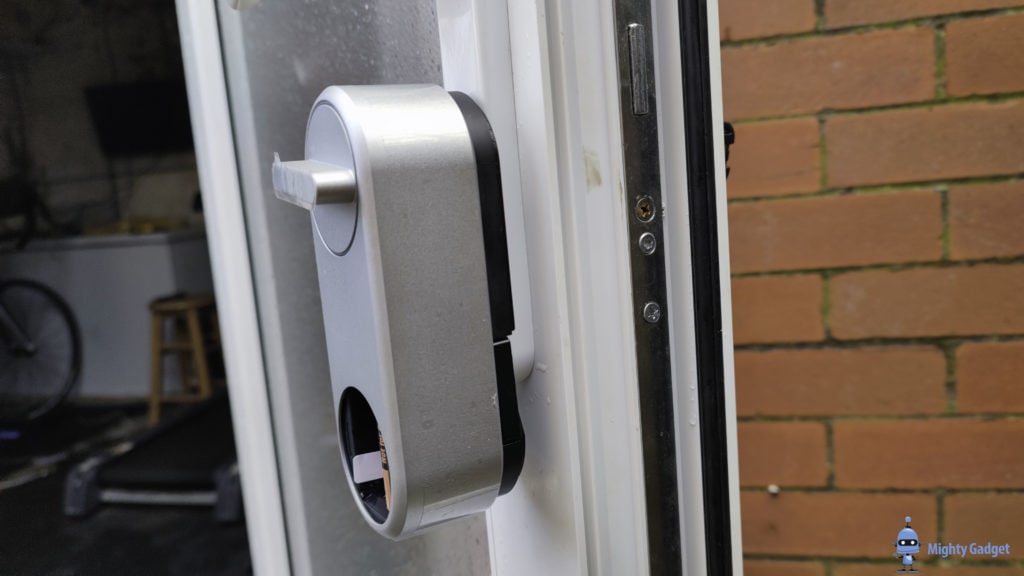
The Yale Linus has a metal back plate and also has clamping screws similar to the Nuki 3.0, and I can confirm that these have stayed secure on my door handle for over a year.
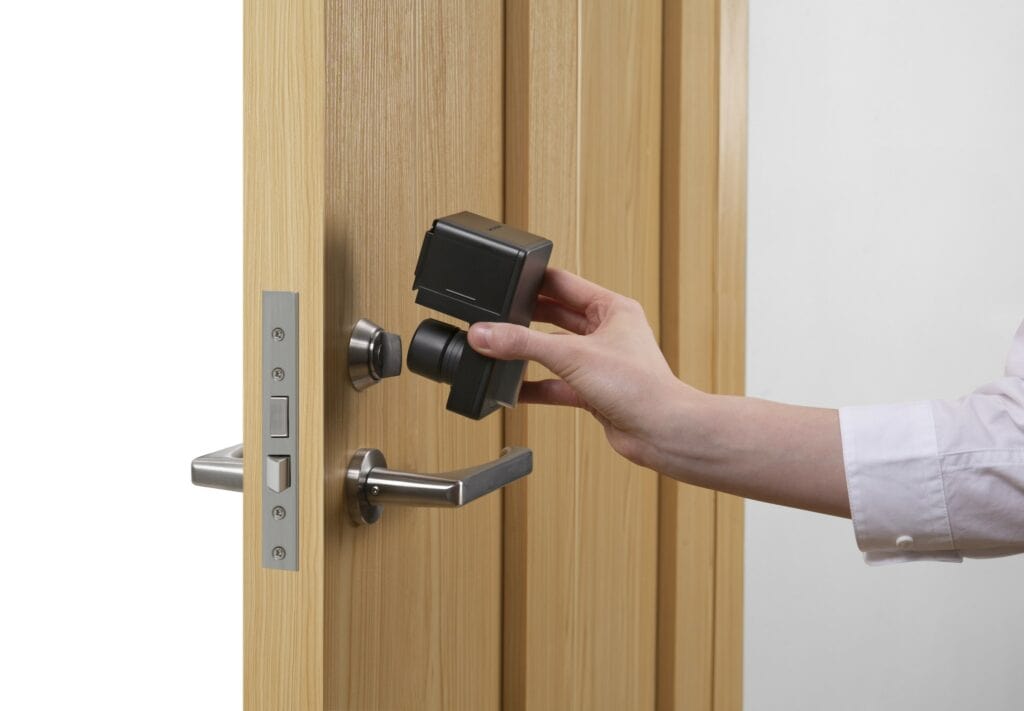
SwitchBot Lock is clearly the easiest as it just uses 3M tape to stick to your door. I expect this will be a bit of an ugly solution with a big bulky device. Depending on the design of your door and handle, this could potentially experience the same issues as above. You will need the lock mounted on the door itself. If you have a handle with a protruding metal stem (like most UPVC doors), it could potentially get in the way. It is possible you can install this upside down to get it to work that way.
People that have a flush door frame with just a handle and the key/thumb turn coming directly out of the door will have no problems with mounting any of the locks.
SwitchBot Lock vs Yale Linus vs Nuki Smart Battery
The SwitchBot Lock claims the batteries should last 6 months.
The Yale uses 4 AA batteries, and these should last 6-9 months based on normal usage. I have changed the batteries once since 25th January 2021, but I would say our usage is well below normal.
For the Nuki 3.0, the standard model uses 4 AA batteries, while the Pro model uses a rechargeable NiMH 2,500 mAh battery. The standard model should last 4 months with 8 lock processes per day, while the Pro model should go for 6 months.
SwitchBot Lock vs Yale Linus vs Nuki Smart Security
For SwitchBot, they state that they use AES-128 bank-grade security.
For Yale, they state:
Your security is our business. The Yale Access App is protected by 2-factor authentication, meaning that users will be required to verify their identity with either an email or phone number. The Linus Smart Lock uses Bluetooth Low Energy (BLE) technology encryption, along with AES 128 bit and TLS encryptions. If you ever lose your phone, you can disable your Yale Access App and all virtual keys at any time.
Nuki Smart Lock 3.0 states end-to-End-Encryption with Challenge-Response and has a detailed post on security.
SwitchBot Lock vs Yale Linus vs Nuki Smart Smart Features & Accessories
SwitchBot Lock
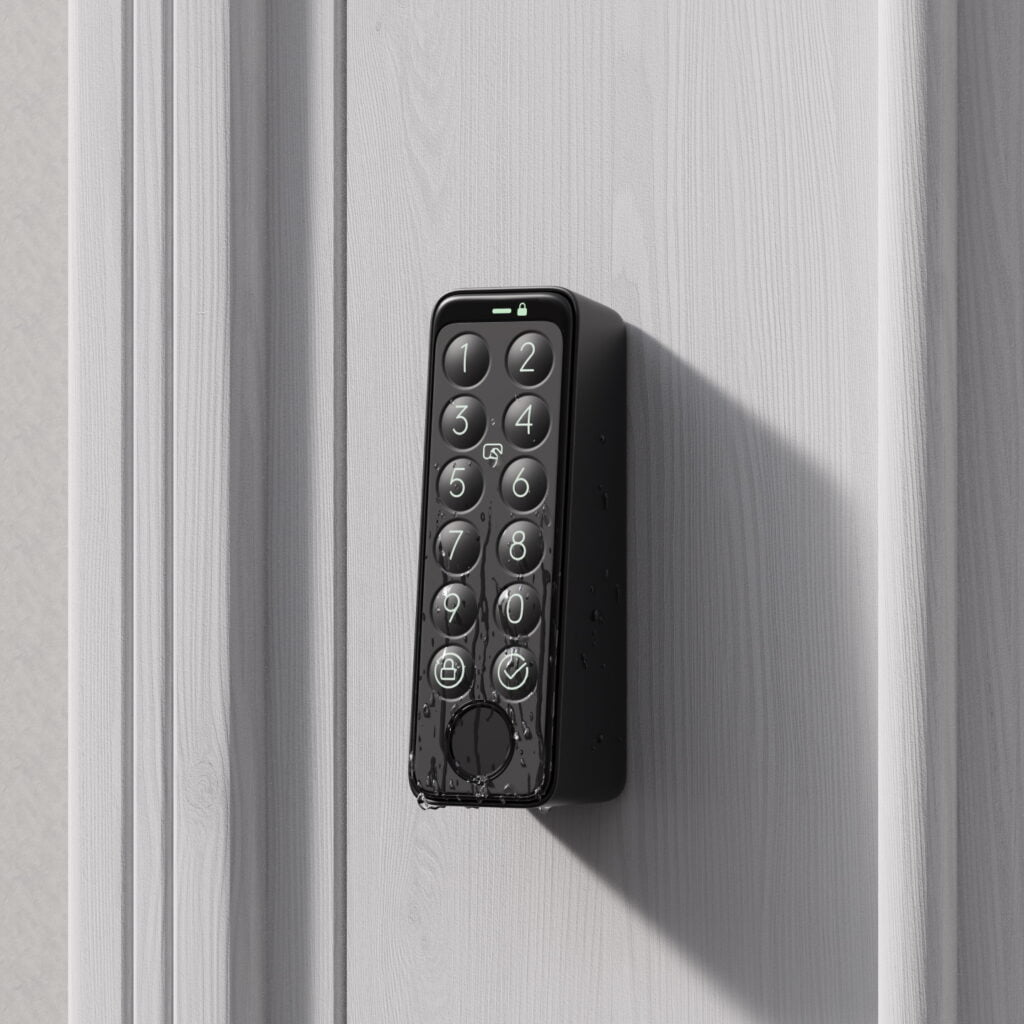
- Compatible with NFC tags
- SwitchBot Lock can also be controlled by using your Apple Watch.
- Optional keypad
- Optional SwitchBot Hub Mini for remote control
- Easy key sharing
- Auto lock functionality and Delayed Lock Mode.
- Realtime notification
Yale Linus
- WiFi bridge offers remote functionality
- Guest management allows you to assign people keys and then remove them
- DoorSense technology: know when your door is closed or left ajar
- 24/7 activity feed
- Yale app uses 2FA
- You can disable the Yale access app and virtual keys at any time (if you lose your phone)
- WiFi bridge allows Alexa/Google integration
- Auto-lock and unlock as you come and go (auto-lock may not always be available)
- Optional keypad
Nuki Smart Lock 3.0
- Compatible with Nuki Bridge for WiFi or Pro model has WiFi built-in
- Optional Nuki fob
- Optional keypad
- Remote control (Pro or with bridge)
- Activity log
- Virtual keys for guests
- Apple HomeKit
- Door sensor to know if the door is open or closed
- Alexa, Google, IFTT (Pro or with bridge)
- Mediola, Homee, Homey and integration with many others (Pro or bridge)
SwitchBot Lock vs Yale Linus vs Nuki Smart Smart Price
The main selling point of the SwitchBot is the attractive pricing. The SwitchBot Lock should launch in the UK for £99.99 and will be available on Amazon. The Hub Mini costs just £35.
The Keypad price hasn’t been confirmed for the UK, but it is available for just $30 on Amazon US. You can pick up the lock, keypad and hub for an absolute bargain price of just $140.
US users can buy the SwitchBot lock on Amazon US.
| Preview | Product | Rating | Price | |
|---|---|---|---|---|

| Yale 05/101200/MB - Linus® Smart Lock - Matt Black -... |
£76.00 | Buy on Amazon | |

| Yale Smart Keypad - 05/301000/BL – Black Digital Smart... |
£44.99 | Buy on Amazon |
The Yale Linus is currently available for £220, the bridge is £65, and the keypad is £60.
For Nuki they have a few products, and the pricing is as follows:
- Nuki Smart Lock 3.0: £130
- Nuki Smart Lock 3.0 Pro: £235
- Keypad: £69
- Fob: £39
- Door sensor: £39
- Nuki WiFi Bridge: 89
Overall
The SwitchBot Lock is going to have limited appeal in the UK due to the style of our locks. I have never lived in a flat, but I assume these will be the homes most likely to be compatible with this style of lock.
If you do have a compatible lock, then the price makes it highly desirable in comparison to the competing brands. The easy installation method also makes this ideal for renters as you can install (and remove it) with no physical change to any part of the door or lock.
I can personally vouch for the Yale Linus, and it has worked well for me for over 18 months now. My technophobic partner also loves it.
The new Nuki Smart Lock 3.0 appears to solve all the issues I have with the Nuki Smart Lock 2.0, and therefore it should also be an excellent option.
I am James, a UK-based tech enthusiast and the Editor and Owner of Mighty Gadget, which I’ve proudly run since 2007. Passionate about all things technology, my expertise spans from computers and networking to mobile, wearables, and smart home devices.
As a fitness fanatic who loves running and cycling, I also have a keen interest in fitness-related technology, and I take every opportunity to cover this niche on my blog. My diverse interests allow me to bring a unique perspective to tech blogging, merging lifestyle, fitness, and the latest tech trends.
In my academic pursuits, I earned a BSc in Information Systems Design from UCLAN, before advancing my learning with a Master’s Degree in Computing. This advanced study also included Cisco CCNA accreditation, further demonstrating my commitment to understanding and staying ahead of the technology curve.
I’m proud to share that Vuelio has consistently ranked Mighty Gadget as one of the top technology blogs in the UK. With my dedication to technology and drive to share my insights, I aim to continue providing my readers with engaging and informative content.
Last update on 2025-07-14 / Affiliate links / Images from Amazon Product Advertising API

